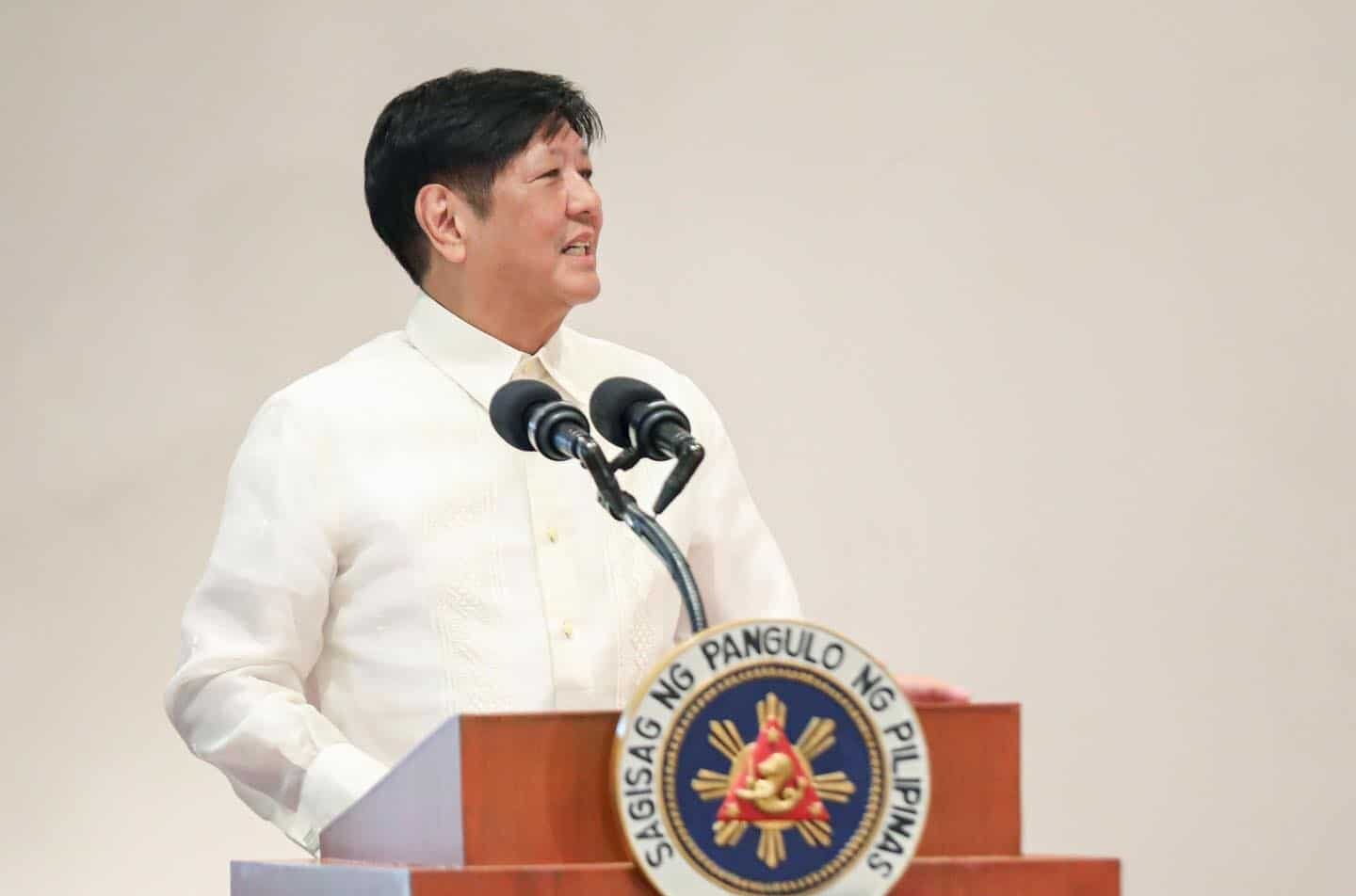
President Ferdinand Marcos, Jr. | FILE PHOTO: Official Facebook page of PCO
MANILA, Philippines — President Ferdinand Marcos Jr. has certified as urgent House Bill (HB) No. 10800 or the General Appropriations Bill (GAB), which contains the proposed 2025 budget, allowing for the immediate passage of the measure.
During the plenary session on Tuesday, the House confirmed the receipt of Marcos’ letter addressed to House Speaker Ferdinand Martin Romualdez.
“Pursuant to the provisions of Article VI, Section 26 (2) of the 1987 Constitution, I hereby certify to the necessity of the immediate enactment of House Bill No. 10800,” Marcos said in his letter.
“[…] To ensure the uninterrupted operation of critical government functions, guarantee the allocation of fiscal resources for vital initiatives, and enable the government to adeptly respond to emerging challenges,” he added.
This allows the House to approve HB No. 10800 on the second and third reading on the same day, doing away with the requirement of having three session days before a bill that was approved on the second reading is considered for the third reading.
According to House leaders including Romualdez, they are targeting to approve the GAB, which contains the House-amended P6.352 trillion 2025 National Expenditures Program, by Wednesday, September 25.
READ: House poised to pass P6.352-T budget this week
It is unclear, however, what the final budget of the Office of the Vice President (OVP) would look like, as neither Vice President Sara Duterte nor any OVP representative attended the plenary debates on Tuesday.
This marks the second straight day that no official OVP representative showed up to the plenary debates.
READ: Sara Duterte, OVP rep no-show yet at House plenary debate on budget
Earlier though, House leaders maintained that even if the OVP is causing delays to the budget process, a reenacted budget is out of the options.
READ: OVP delaying budget process, but House says no reenacted budget
Under a reenacted budget, the government will be forced to use a previous year’s allocations because a new appropriations bill was not signed into law before the preceding fiscal year ended. This means the delivery of programs, which would require new funding, can be delayed.